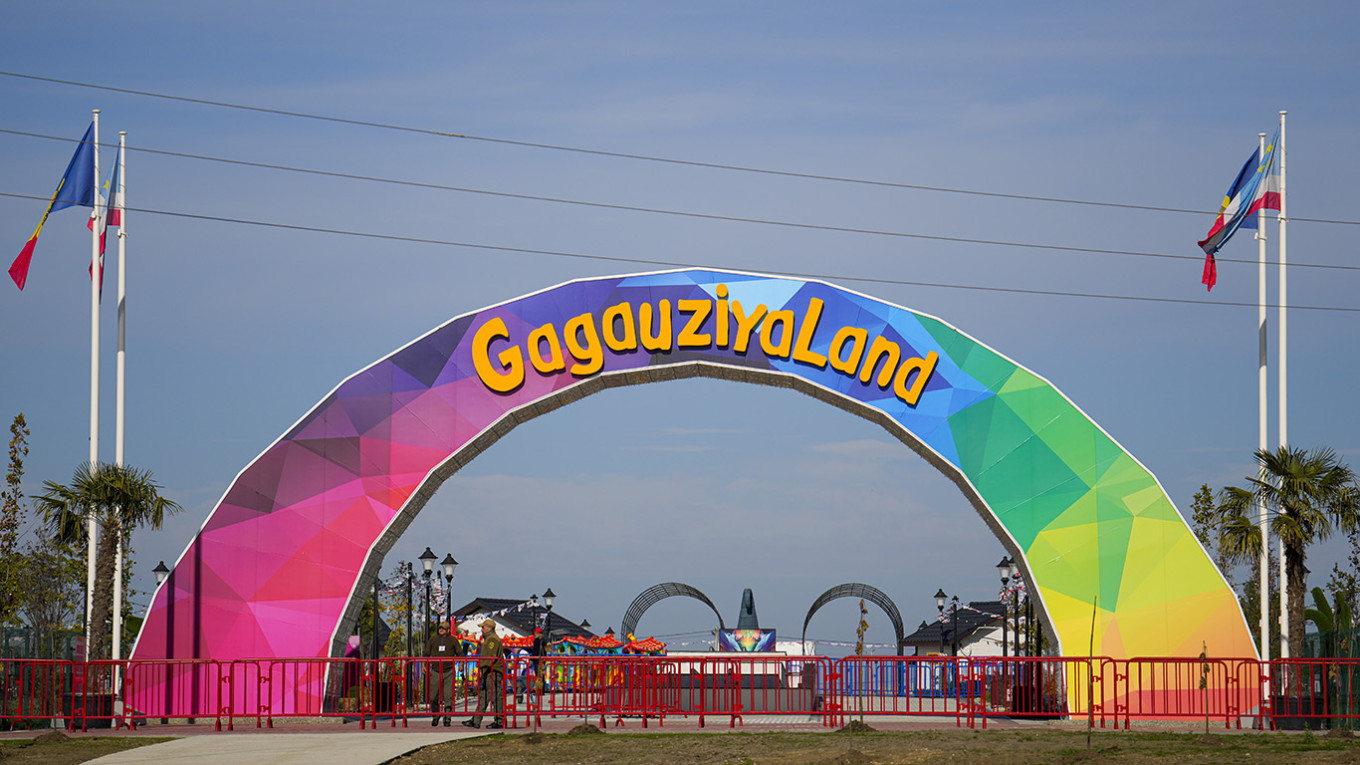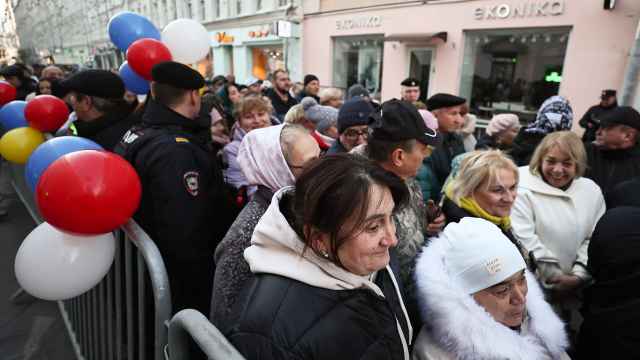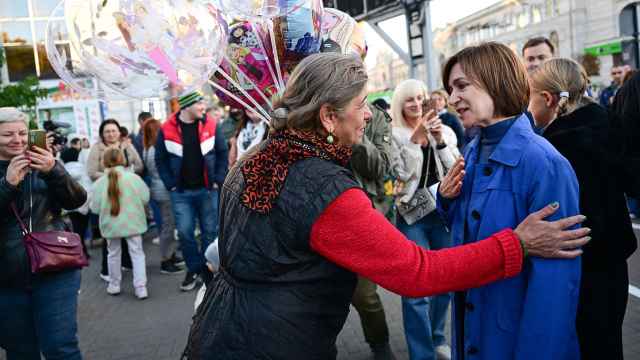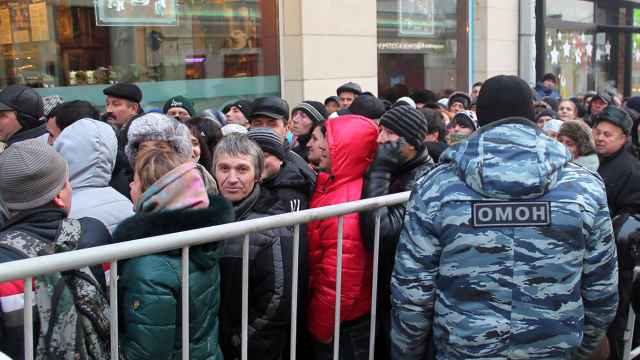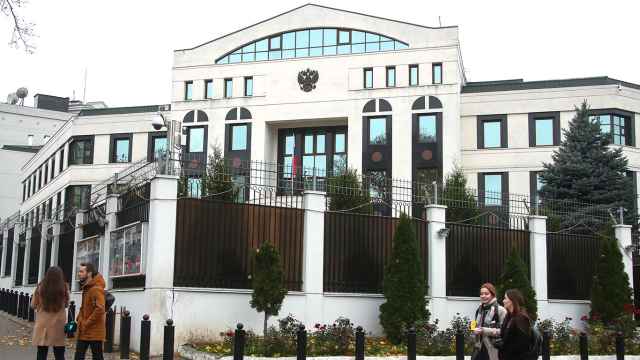Moldova’s recent EU referendum and presidential election have drawn attention to Gagauzia, a semi-autonomous region in southern Moldova where opposition to European Union integration and President Maia Sandu's re-election was the strongest in the country.
The country’s Oct. 20 referendum on pursuing EU membership passed by a narrow margin of 0.35%. In Gagauzia, a predominantly Russian-speaking, ethnic Turkic region, only 5.16% of voters backed EU integration.
The region also heavily favored Sandu’s Russian-aligned opponent, Alexandr Stoianoglo of the Party of Socialists, who received 97% of Gagauzia’s votes in the Nov. 3 presidential runoff. Stoianoglo, a former prosecutor with ties to Russia, was labeled by Sandu as “Moscow’s man.”
Irina Vlah, who served as Gagauzia’s Bashkan (governor) from 2015-2023, has been a central figure in shaping the region’s recent trajectory.
“My team and I were able to transform the region,” Vlah told The Moscow Times. “We created opportunities for young people, built infrastructure, and advanced the region’s economic development. I am proud of what we achieved.”
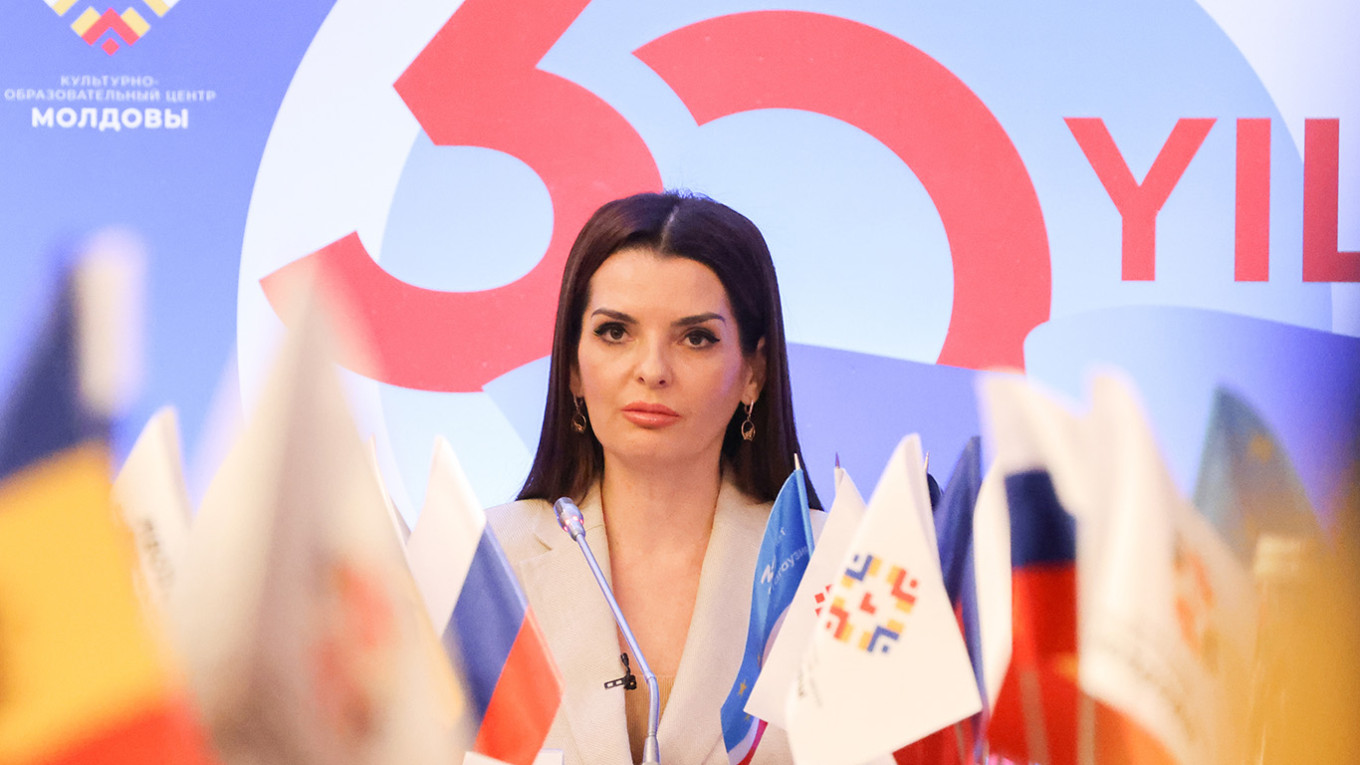
After incorporation into the Moldavian SSR, Gagauzia experienced significant Russification that cemented its cultural and linguistic ties to Russia. Following Moldova’s 1991 independence the region sought autonomy, which was granted in 1994.
Since then, local leaders have frequently clashed with federal authorities over cultural policies, economic development and Moldova’s foreign policy.
During her tenure, Vlah partnered with international organizations like the UNDP on initiatives such as the EU-funded Support for Agriculture and Rural Development project as well as advanced campaigns to address domestic violence, making Gagauzia a leader in prevention efforts.
Her tenure was also marked by deepening ties with Russia, including facilitating access for Gagauzian agricultural products to Russian markets and signing cooperation agreements with nine Russian regions.
Vlah’s dual approach of working with the East and West underscored the balancing act of her leadership.
“I never chose to work with the West against the East, or vice versa,” she said in an interview with Moldovan podcast Bandstage in 2024. “I have always implemented projects with both.”
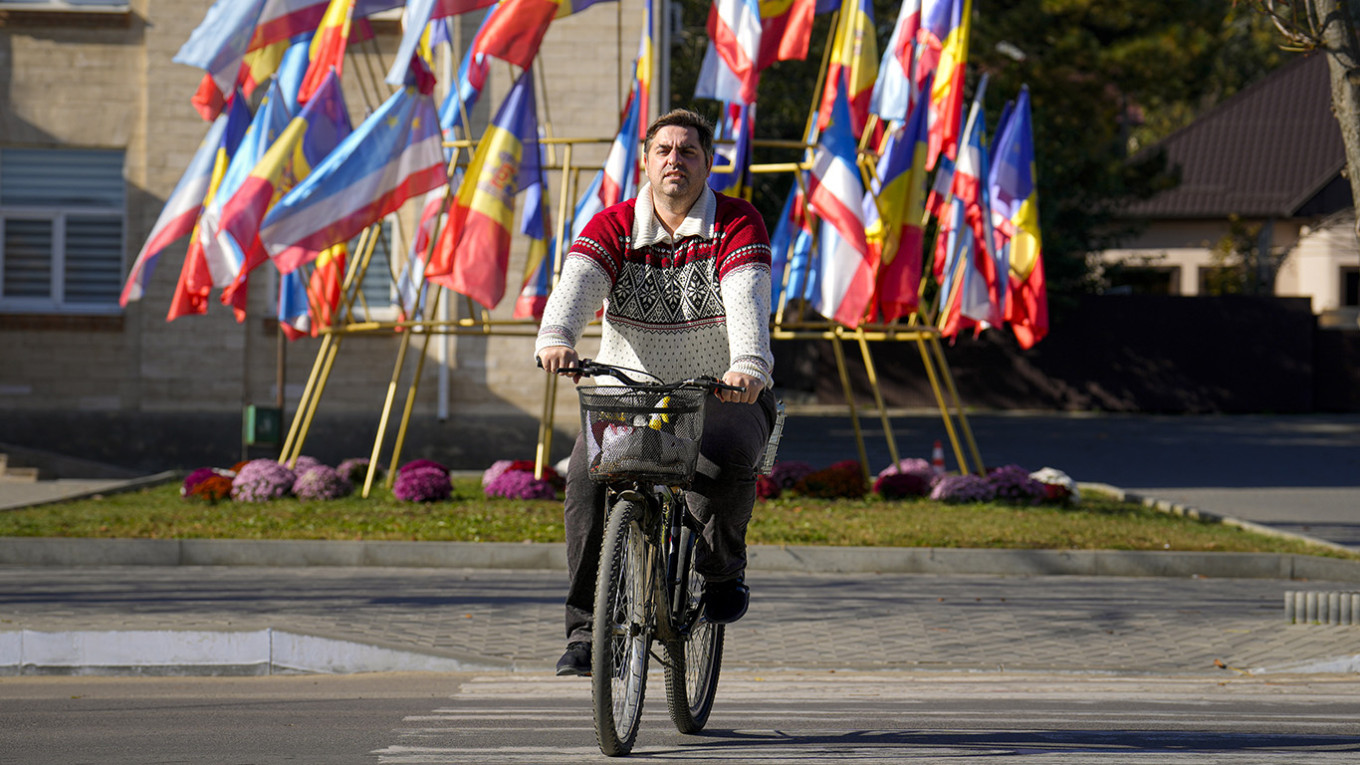
Vlah is critical of the country’s current pro-European leadership, telling Russia’s state-run RIA Novosti news agency this year that “Sandu mistakenly believes that if you have good relations with the West, you must necessarily have poor relations with Russia.”
Still, she backed Moldova’s EU candidacy in 2022, saying that “the people of Gagauzia welcome Moldova’s status as a candidate for EU membership.”
However, the recent referendum results highlight a growing divide between Gagauzia’s population and Moldova’s European aspirations.
Shortly after the presidential election in November, Vlah announced her new political party, Heart of Moldova. She told The Moscow Times of Gagauzians’ right to “responsible politicians who make decisions in the interests of the people.”
Gagauzia’s current Bashkan, Evghenia Gutul, is affiliated with the pro-Russian Șor Party, whose exiled leader Ilon Shor’s destabilization campaigns in Moldova were allegedly financed by Russian oligarch Roman Abramovich.
Gutul’s June 2023 election remains unvalidated by Moldova’s Central Election Commission due to alleged campaign finance violations and foreign interference. She has also been barred from Cabinet meetings and was targeted by recent U.S. sanctions.
While the diaspora rallied behind Sandu to secure her victory in November — with 82.82% of the diaspora's 327,851 votes backing her — she lost the internal vote with 48.69%. Reports of Russian interference, including alleged voter bribery, are under investigation.
Gagauz activist Andrei Shevel, 28, feels strongly about Gagauzia’s underrepresentation in government decisionmaking.
“There isn’t a single representative from Gagauzia in the ruling party or parliament, which I believe is a problem,” he told The Moscow Times.
Shevel also pointed to the region’s struggles with language barriers, noting that only 12% of Gagauzians speak Romanian proficiently.
“Our lack of Romanian language skills has hindered our ability to work in Chisinau and in government structures,” he said.
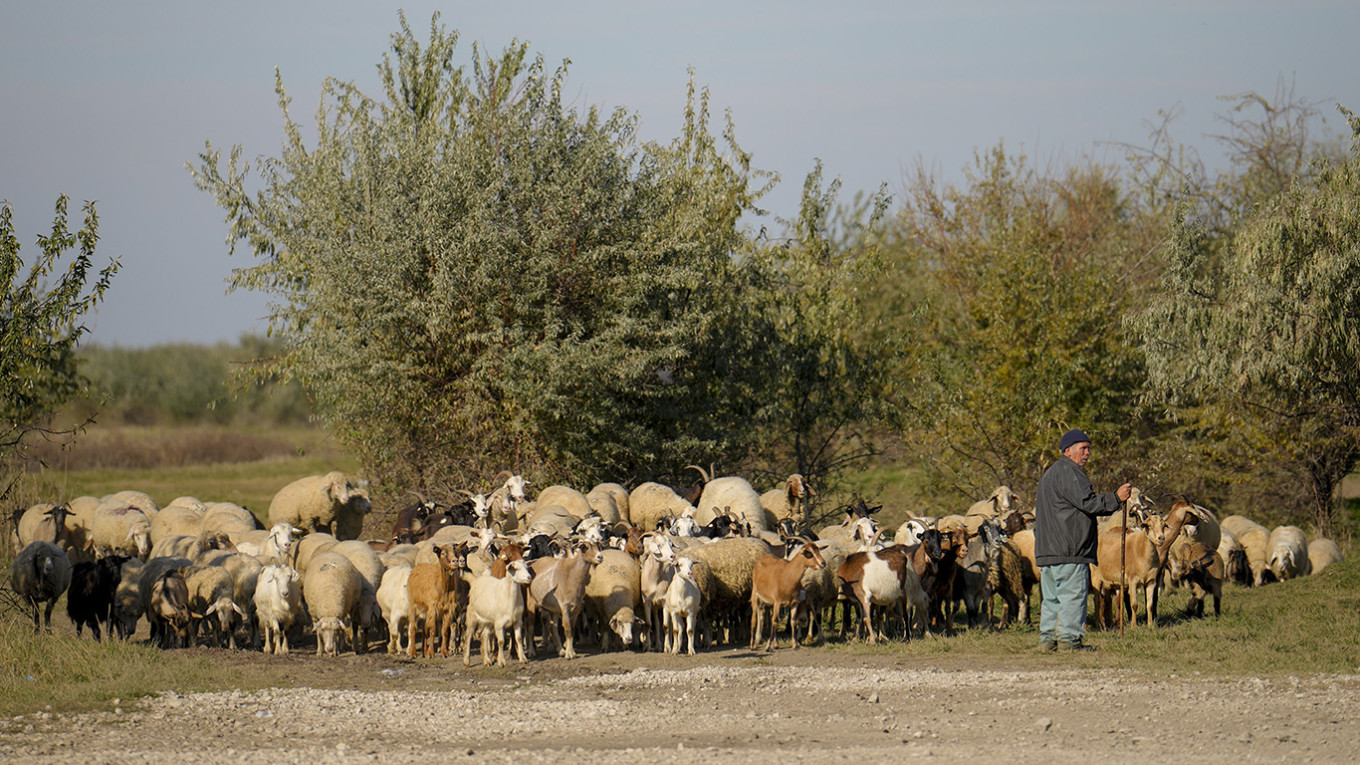
The language question is emblematic of broader cultural challenges in Gagauzia. Russian remains the dominant language in the region, and some residents feel excluded from national life due to Moldova’s increasing prioritization of Romanian as the state language.
Shevel criticized the region’s nostalgia for the Soviet Union. His family suffered during the Soviet famine of 1946-47, as did many others in Gagauzia. It is estimated that 20-30% of Gagauzia’s population perished during the famine.
“People ignore the reality of those times,” he said.
Economic challenges have driven 20-25% of Gagauzians to seek work abroad. Lyuba, a 29-year-old Gagauz native from Comrat, expressed concerns about the future of her community.
“Overall, Gagauz culture is fading,” said Lyuba, who is learning Romanian to adapt to Moldova’s linguistic reality and voted against EU membership in the referendum.
“Joining the EU may deepen the division between pro-European and pro-Russian forces in the country,” she told The Moscow Times.
Some Moldovans fear that EU membership could lead to NATO accession, a move that would clash with Moldova’s constitutional neutrality.
“People claim to support neutrality while simultaneously favoring cooperation with Russia,” Shevel said. “This contradicts the principle of neutrality, especially when there are Russian troops stationed in Moldova.”
Today, 1,500 Russian troops remain in Transnistria, a separatist region on the Ukrainian border that has been disputed since the dissolution of the U.S.S.R.
Despite these challenges, Shevel remains optimistic about the region’s future, supporting Gagauzia’s cause in Moldova's political landscape.
“I see that they don’t fully understand or address the local mindset, needs and regional agenda here,” he said of the current government. “My goal is to represent Gagauzia in parliament.”
A Message from The Moscow Times:
Dear readers,
We are facing unprecedented challenges. Russia's Prosecutor General's Office has designated The Moscow Times as an "undesirable" organization, criminalizing our work and putting our staff at risk of prosecution. This follows our earlier unjust labeling as a "foreign agent."
These actions are direct attempts to silence independent journalism in Russia. The authorities claim our work "discredits the decisions of the Russian leadership." We see things differently: we strive to provide accurate, unbiased reporting on Russia.
We, the journalists of The Moscow Times, refuse to be silenced. But to continue our work, we need your help.
Your support, no matter how small, makes a world of difference. If you can, please support us monthly starting from just $2. It's quick to set up, and every contribution makes a significant impact.
By supporting The Moscow Times, you're defending open, independent journalism in the face of repression. Thank you for standing with us.
Remind me later.


